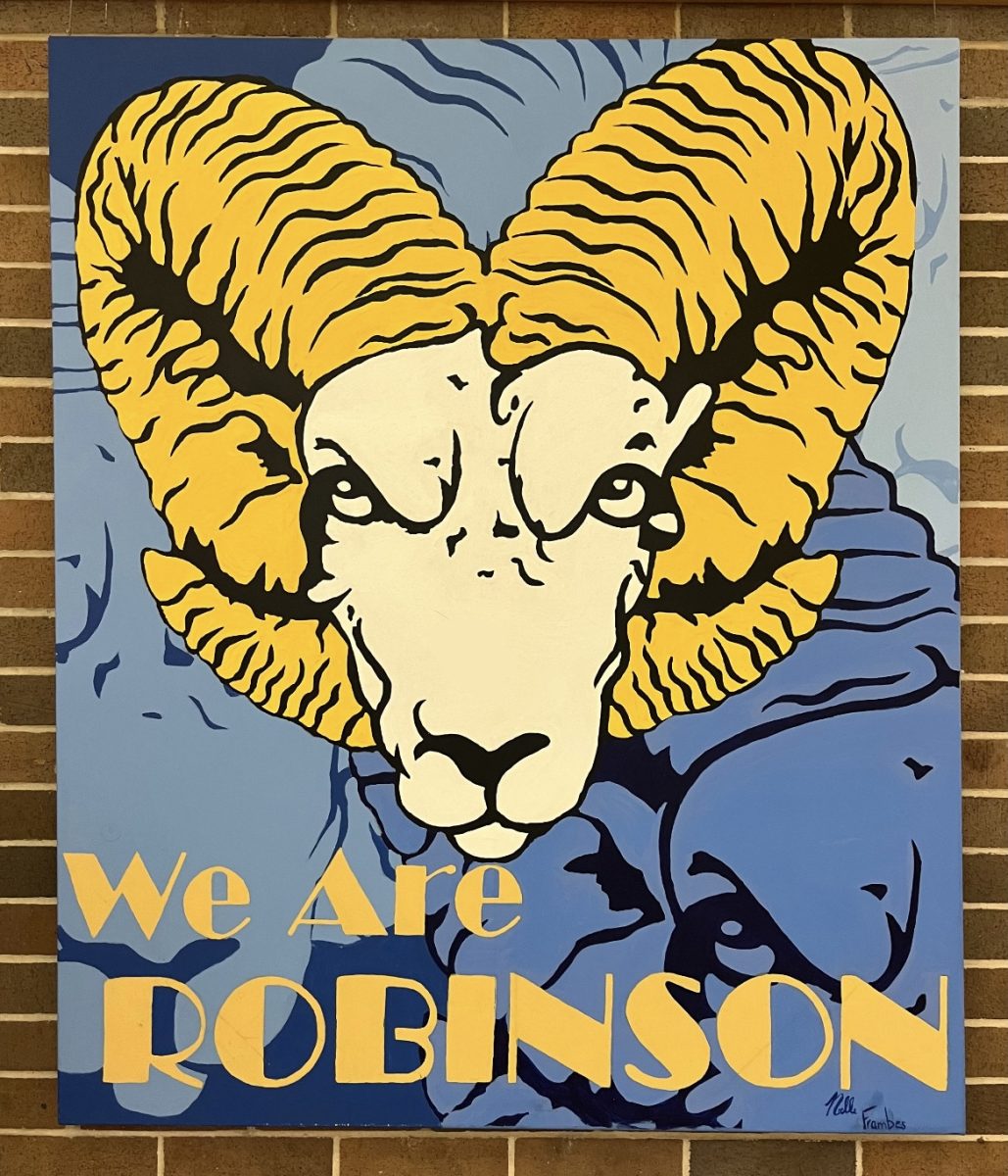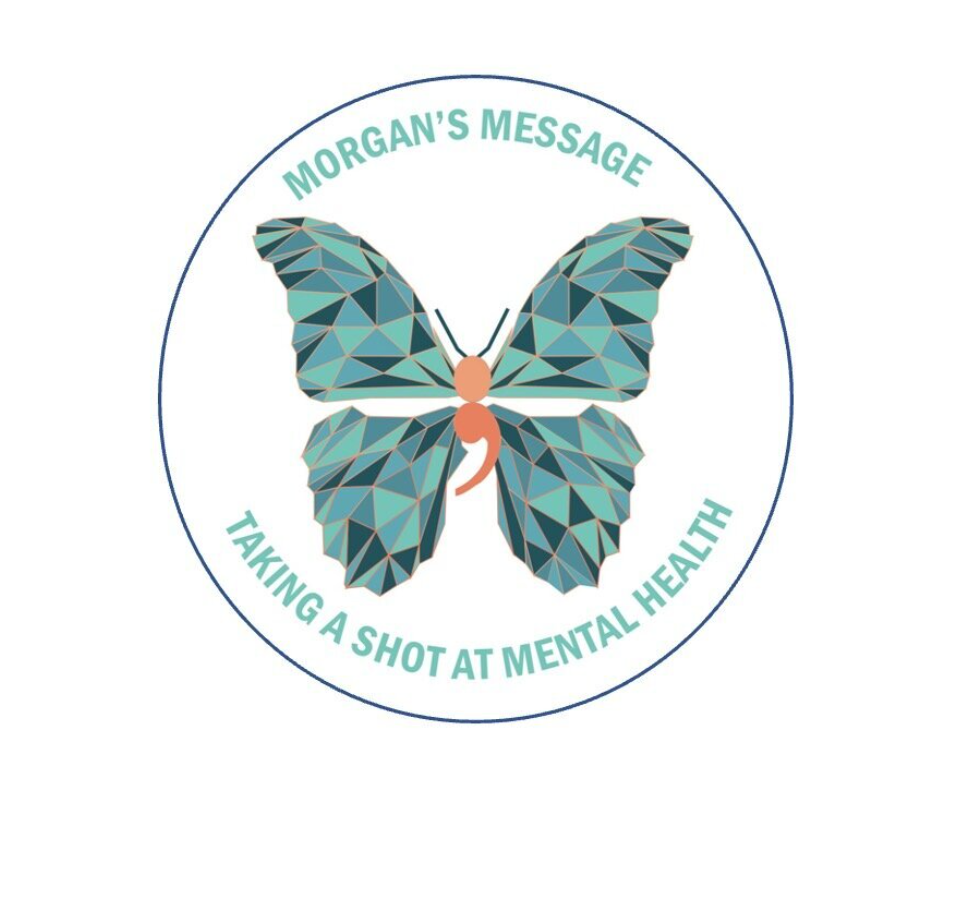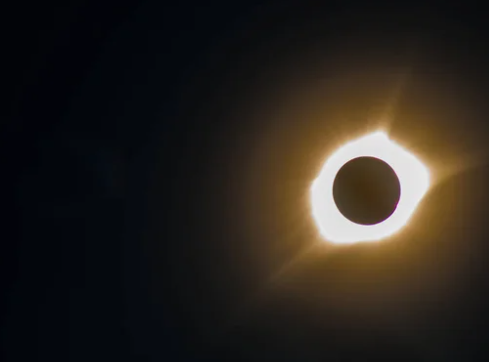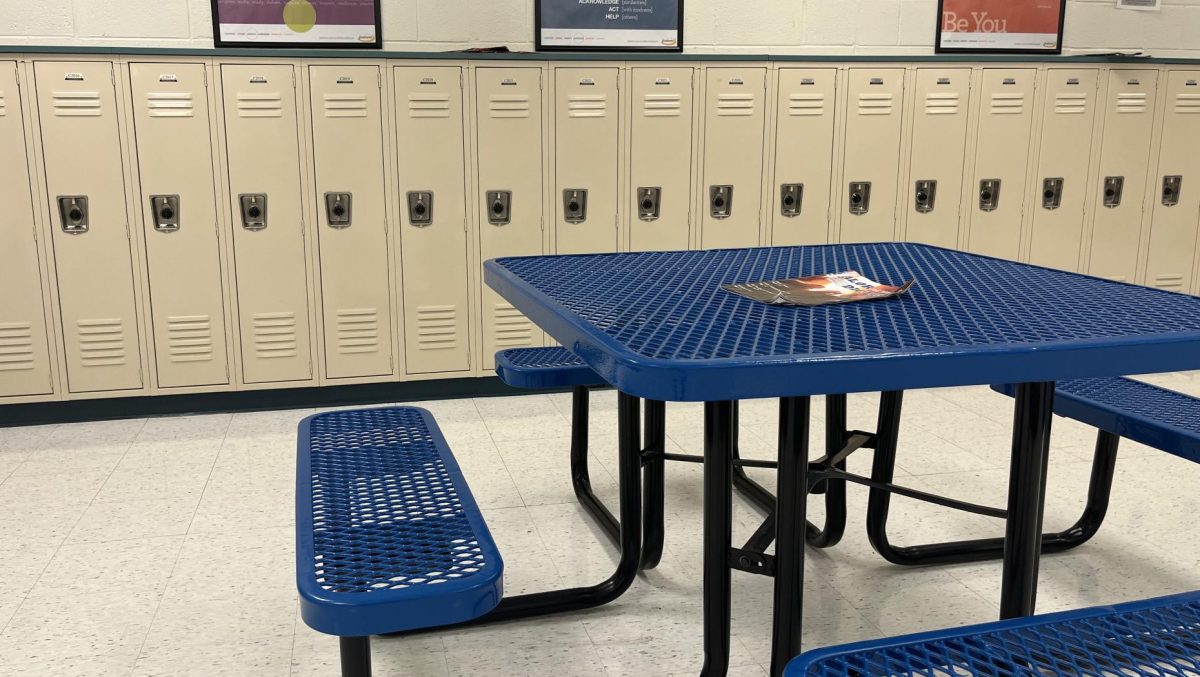A struggle that many young creatives deal with is the prospect of whether or not they want to pursue a career that involves their interests. Majoring in art or the humanities is often dismissed as expensive, useless, and worthless. Science, Technology, Engineering and Math, also known as STEM, is known to have jobs that are well paying and also respected in society. So, why is STEM more appreciated in academia, and furthermore, society?
The importance of the Arts and Humanities
According to Humanities in Action, the Humanities includes the study of history, philosophy and religion, modern and ancient languages, literature, fine and performing arts, media, cultural studies, and more. The Arts, according to the Contemporary Art Issue, have seven forms; painting, sculpture, literature, architecture, theater, film, and music. However, these are very broad and encompass so many different sections and subsections, like literature with its genres and religion with its many, many denominations.
Humanities “help us understand and interpret the human experience, as individuals and societies,” according to Humanities in Action, and art can help individuals understand themselves and the world around them, and can be a source of inspiration, reflection, and joy as claimed by the National Museum of African American History and Culture. Middle school art teacher Clarita Herce said on the matter of art, “the Humanities and the Arts not only pay attention to society and reflect it, but it also shapes society. The arts teach us what to value, and they show us what our world can be.” She continued, “the arts are so powerful because they help us imagine a world of possibility- without the arts, we, as human beings, [will] lack vision and have no sense of direction of where we are going.”
Arts particularly have influenced society in many ways, as it has acted as a driver of social change and propaganda. It is also seen almost everywhere, in the design of advertisements, architecture, websites, clothing, media, and so much more. It is also a reflection of values, which is why many artists have been persecuted historically. “I remember after 9/11, there was an [attempt] to get rid of all music that reflected peace,” said Herce, “Most famously, ‘Imagine’ by John Lennon, was banned and if you had downloaded it, you’d be on the list because it imagined a world where there wasn’t war. So obviously, the Humanities and art can shape how we see things, and that can be a threat to systems that want things to remain a certain way- so good art is always pushing forward and always pushing boundaries, always challenging us how we see our world.”
The Humanities are also important in many ways. The study of history is important because it can teach us about our present lives, as having historical context to current day situations can often enhance one’s ability to analyze them. According to the University of Wisconsin-Madison, history can provide “crucial background for addressing ongoing racial or cultural tensions.” It also “interprets the events and causes that contributed to our current world.” The study of religion can explore the complexity of how people respond to subjects such as death and identity, as claimed by Rhodes College and how it shapes individuals. Studying philosophy can also enhance one’s ability to think critically, problem solve and analyze concepts, arguments, problems and definitions, as claimed by James Madison University. Lesley Minai, middle school history teacher said, “personally, I think more emphasis should be placed on history because by studying history, we can learn a lot about politics and human interaction, and that can guide us towards less conflict in the future.”
Why are Creatives Choosing not to Pursue their Interests?
According to a study by the American Academy of Arts and Sciences, 3 percent of graduates who have earned a master degree in 2018 had a masters in the Humanities and 1.6 percent of graduates have earned a masters degree in Fine and Performing arts. Compared to 43.3 percent of graduates who have earned a masters degree in a STEM related field, including behavioral and social sciences, only 4.6 percent have pursued the Humanities or the Arts. From 1987 to 2018, at its peak in 1991 with 6.7 percent of all graduates studying the Humanities or the Arts, to its most recent numbers in 2018, the amount of people studying the Humanities or the Arts has fallen by approximately 32 percent. Why is this happening?
According to the 2023 NACE Salary Survey, which projects starting salaries for new college graduates, those with a bachelors in engineering are projected to earn $74,405. Computer sciences are projected to earn $72,843, math and sciences $67,199. However, humanities is only projected to earn $52,938, which is about 29 percent less than STEM majors- and that’s only starting salaries. The average cost of living in the US is about $30,000 to $42,000, according to edvoy.
While the average cost of living is much lower than the projected salaries of humanities graduates, this average takes into consideration of rural communities that may not have jobs in the humanities available. In the top three cities in the U.S. with the most jobs that are open to liberal arts graduates, the cost of living there is extremely high. New York, NY, Los Angeles, CA, and Washington DC have an average cost of living of $52,719, using data from the Economic Policy Institute– and that’s for one person.
“We all want to make money,” said Herce. “Welcome to America, right? Because if we don’t make money, we’re going to end up on the streets. STEM careers are secure and they’re so important because science and technology build our lives.” As a gallery artist, Herce found it very challenging to make a living off of her income, and went into teaching instead as a result of that.
“Teachers who choose to go into professions, especially teaching humanities, there’s a teacher shortage in this country because the pay is less, and the work is hard and there’s a kind of a general lack of value for it.” said Minai. “So, I think that does drive people’s decision making, especially when you start to look at the price of college and knowing that you’ll never pay off a student loan in certain professions, it definitely impacts decision making.”
“Environmental Science wasn’t the first thing I wanted to pursue. I wanted to be a teacher and then I really wanted to be a writer. I wanted to be a writer, painter- like just an artist in general.” Senior Dana Smith said. “I didn’t like the pressure that came from having to create for other people. I didn’t feel like it was a solid career choice for me, and if I had to focus on producing it for money, I feel like it wouldn’t be a good release for me at all, because I [would have] to focus on making money.” Smith continued, “so, I decided that I would [focus on] the environment or like helping the environment. It’s like another goal of mine. It’s not like art and STEM contradict each other,they’re just different parts of what I want to pursue.”
Why is STEM Valued more in our Society?
According to a Frontiers article, many politicians advocate for the slashing of funding for students majoring in the humanities. Mississippi Republican State auditor, Shad White wrote in a report, “universities should be incentivized to nudge students to high-value degrees for the sake of the students.” White, when referring to high-value degrees, refers to degrees in STEM. White argues that in order to reduce the brain drain in Mississippi, a committee of workforce experts should be created in the house in the legislative branch in order to determine which degrees are the most needed in society, and design a structure in universities designed based on that determination. He argues that it would align with the needs of the state’s economy, as it would solve the labor shortage.
This can already be seen in our school. Herce said, “there is a push for STEM and that is an active and conscious push to put more kids in STEM because there’s a growing number of jobs in that field, so obviously the county wants to equip their kids with 21st century skills.”
Why do many legislators in America want to cut the Humanities? According to an article by the New York Times, Republicans often see and portray liberal arts education as a luxury and nonessential, perhaps due to its lack of job growth. However, the undervaluation of the Humanities and Art may also be bipartisan value, as the Obama administration proposed to rate colleges and universities on earrings after graduation, and completion rates and student loan debt.
Why are STEM majors paid more than Humanities and Art majors? Minai said, “There’s so much emphasis on the advancement of technology and things like that that I feel like that’s where people are putting their attention. It always might have been like that, if we think about the history of our world and how scientific advancements have increased over time.”
America’s consumerist society also may be to blame. Herce said, “I think in the United States, there is more emphasis on consumerism and buying and getting and I think that we need more of the arts and it’s funny that our art education is getting slashed and we don’t push the humanities- and it’s the first to be cut to promote programs like STEM, which is also important but without the arts, why use STEM to build anything? Where are we building? What are we building and where are we going with STEM? The Arts give us vision and direction and we need to see that it’s more important. I do not think that it’s valued by this community. I don’t think it’s valued by our country at large.”
Consumerism, according to Oxford languages, means “the protection or promotion of the interests of consumers.” Briefly, it can be seen in upper class America, as according to study.com, the wealthy often own many, many cars, celebrities confine themselves to not “outfit repeat,” and the rich use their private jets and helicopters, causing immense carbon emissions. Coming from industrialization, it gave many Americans disposable income, which allowed the purchase of unnecessary items. Consumerism can also look like getting things quickly, and that can include scientific achievements and new discoveries, which doesn’t work too well with the Arts, as it is a mode of expression, not a mode for discovery. STEM achievements also appear to directly benefit consumers more, rather than humanities, with iPhones and iPads. The humanities does benefit society quite greatly, but the impact of it is often invisible.
Jobs seem to be valued more on salaries rather than what people do in those jobs. Jobs also seem to be more valued based on what they can do in society. Can these factors determine the value of certain jobs, let alone majors? Herce said, “The problem with liberal education should be about making well-rounded people who can engage in the world- we’re talking about global citizens. If you don’t understand art and humanities, you don’t understand yourself as a human being. So, you’re not equipped to do anything. All you’re equipped is to live a hollow life, to make money and die. The Arts give us meaning. So it’s more than just a job. It should be an area of study. When you get a good liberal arts education, the arts and humanities are a component of it.” She continued, “so, I am tired of the focus on just making money and jobs. I thought we are training people to be global citizens who understand and connect to one another. So I think that’s a major reason why the arts aren’t getting the attention they need, and that’s how music has done so well because music connects to other STEM areas that if you do well in music, you’ll do well in math and that’s how they’ve made a space for themselves to be heard and seen.”
Herce also commented on European nations, and the difference of views towards the Arts and Humanities. “I think in more European nations or other eastern societies or places outside of the United States where the arts are valued, there is a better quality of life because there’s a sense of the worth of the human being and the purpose of living a life of enjoyment, creativity and expression.” She continued, “my dad was from Spain- and he was always shocked at the little sense of the importance of the arts because the National Endowment for the Arts have always been attacked by political organizations and a lot of people are afraid of the expression that comes out of the Arts, so there’s a strong anti art movement I would say coming from a conservative side in this country which is getting a little bit too political.”
STEM continues to be something that’s pushed on students not only because of its projected job growth and lucrative careers, but also because of its perceived value in society. STEM is still very important in our society, but it is important to value not only STEM, but also the arts and humanities. The arts and humanities continue to be undervalued, as politicians frame it to be expendable and fear it for its tendency to push boundaries in society. What is often ignored is the impact that the arts and the humanities can have on people and our society, as it reflects our values and can also shape our future with the education of history and other studies. Perhaps with the reevaluation of our society and its values- creatives can finally be able to pursue their interests and can work alongside those interested.






























